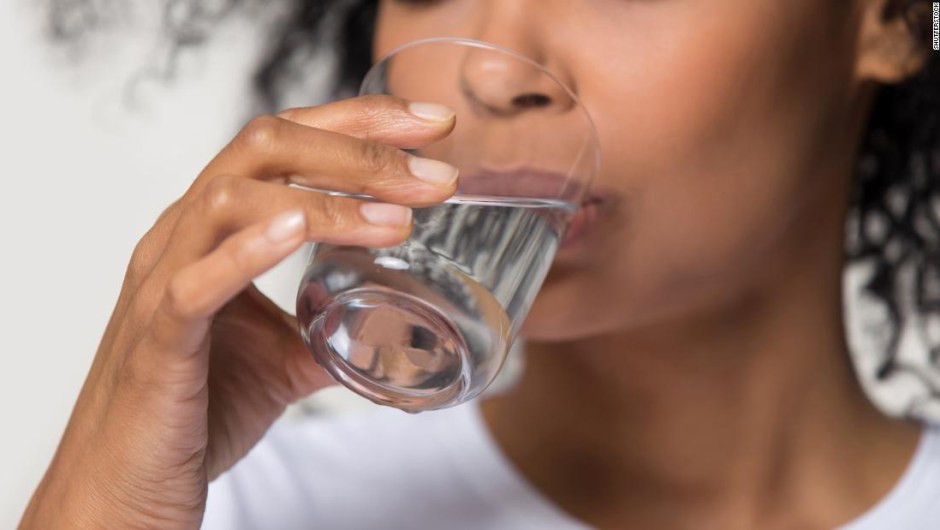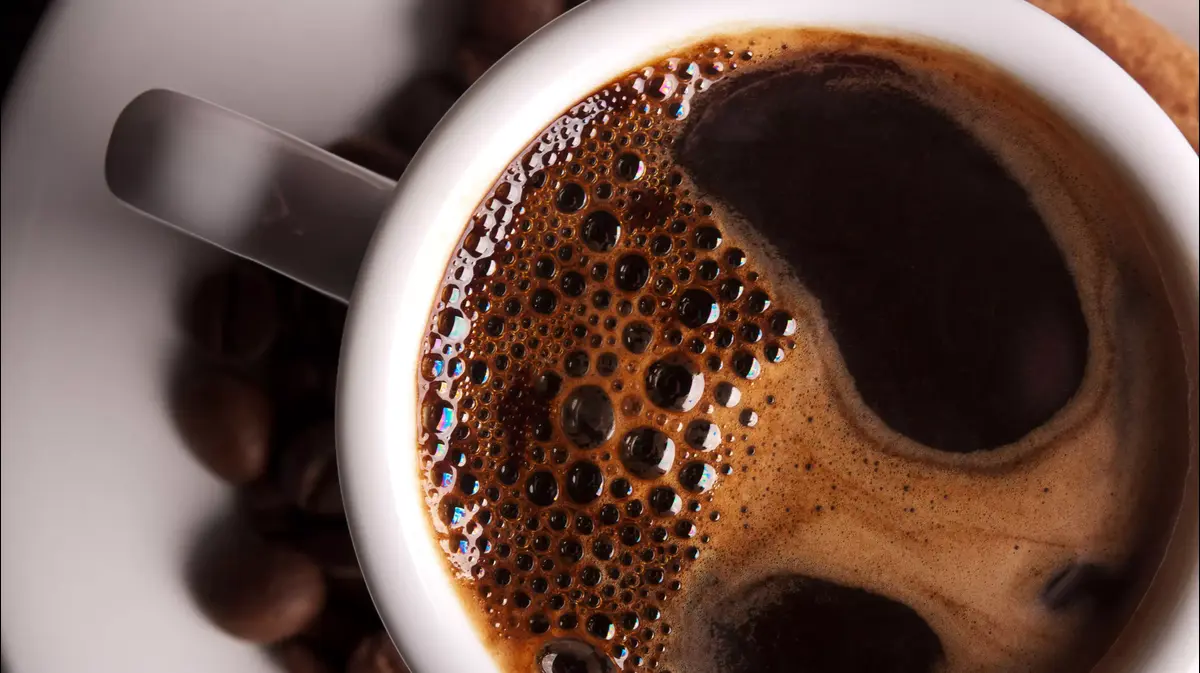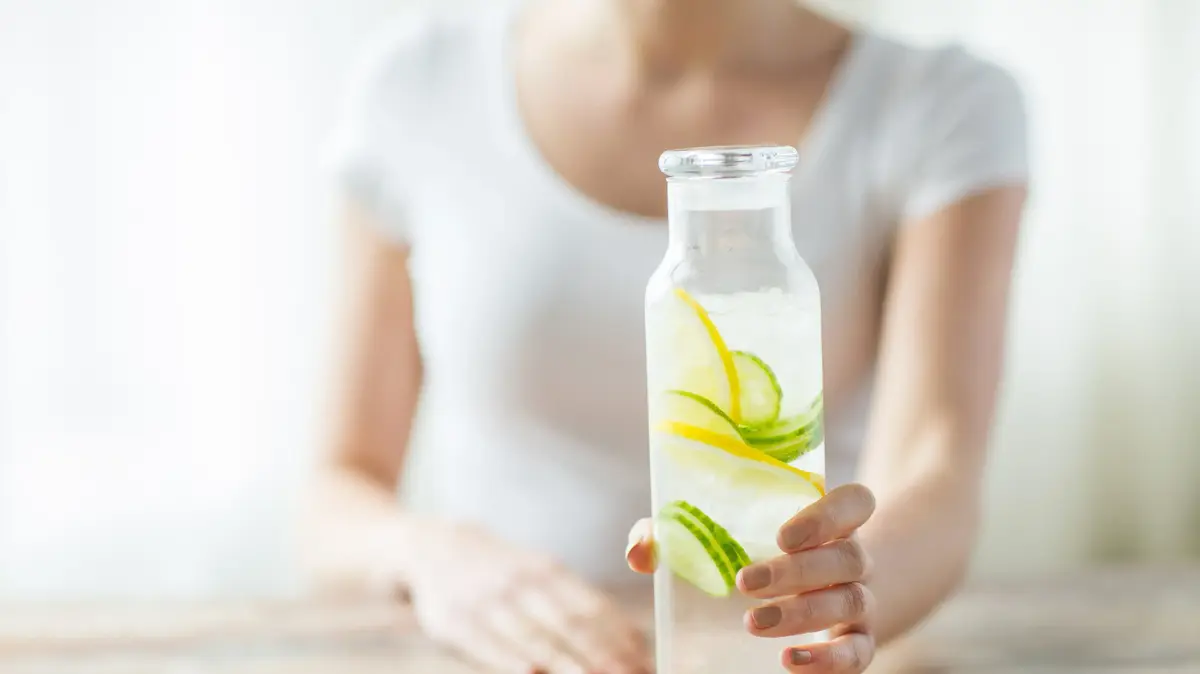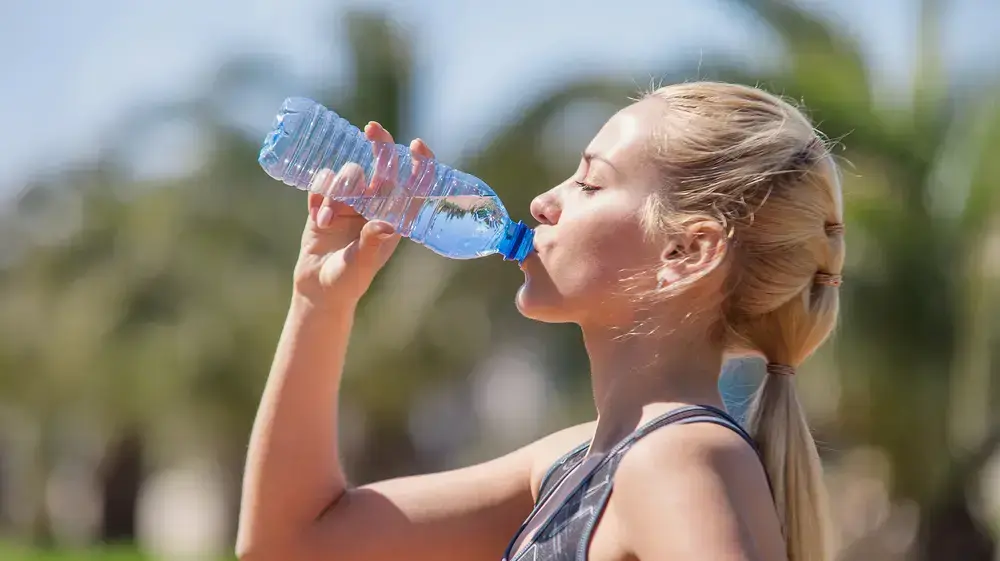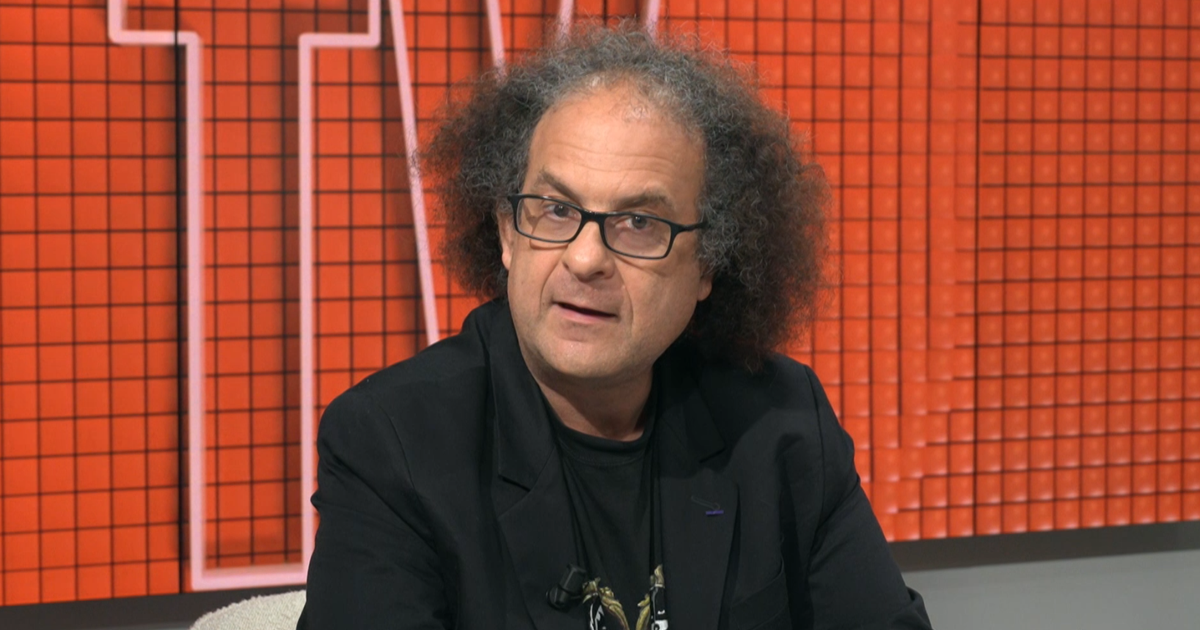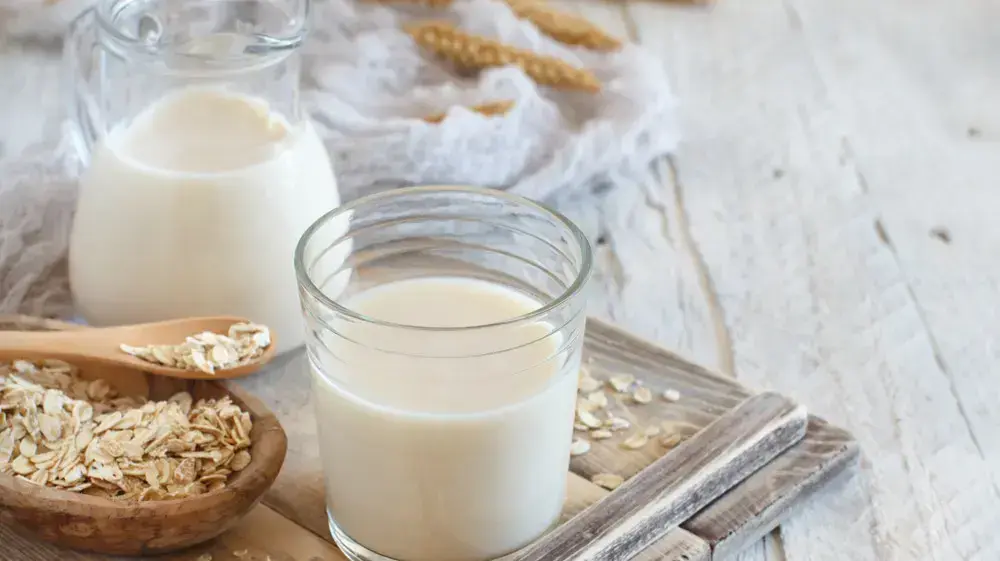Exercising can increase your need for water, but you don't need to overdo it.
The opinions expressed in this comment are solely those of the writers. CNN presents the work of The Conversation, a collaboration between journalists and academics to provide news analysis and commentary. The content is produced solely by The Conversation.
(The Conversation) -
Warmer weather and longer days have inspired reminders to "stay hydrated" and drink eight glasses of water, or about two liters, a day.
It's not to break anyone's water bottle, but actually healthy people can die from drinking too much water.
I am an exercise physiologist and my research focuses on overhydration and how drinking too much water affects the body.
Since the balance of water and sodium is essential for life, it is extremely rare for people to die from drinking too much - or too little - liquid.
In most cases, your body's finely tuned molecular processes are unconsciously taking care of you.
Exercise during the pandemic?
Follow these tips to avoid injury
Water out, water in
As spring wears on, the notion of hydration takes hold in schools, sports, and workplaces.
These highly commercialized ideas about hydration serve to cultivate camaraderie and healthy competition to ensure that we drink mandatory amounts of water throughout the day.
For example, hydration and the "gallon challenge" support the widely held belief that drinking water beyond physiological need (or thirst) is healthy.
advertising
But it's not like that.
The body's individual water needs, intake, are primarily based on how much water people lose.
The amount of water each person needs to drink depends mainly on three factors:
Body weight.
Older people need more water.
Environmental temperature.
When it's hotter, people sweat and lose water.
Levels of physical activity.
Increasing the intensity of exercise increases water loss through sweat.
Therefore, a "one size fits all" fluid replacement strategy, such as drinking eight eight-ounce glasses of water per day, is inappropriate for everyone.
It is not clear where the '8 x 8' water intake recommendation comes from.
Perhaps, this two-liter intake threshold stems from a misinterpretation of the original recommendations offered by the US Food and Nutrition Board in 1945, as well as by the 2017 European Food Safety Authority, which states that the recommended daily amount of water includes all beverages plus moisture contained in food.
This means that the moisture contained in foods, especially fresh fruits, sodas, juices, soups, milk, coffee and, yes, even beer, contributes to this recommended daily water requirement.
These guidelines go on to suggest that most of the recommended water content can be achieved without drinking extra cups of plain water.
And it is important to bear in mind that, although alcohol has diuretic properties (ethanol acts directly on the kidneys to make us urinate more), caffeinated beverages, such as tea and coffee, do not increase water losses through urine. above the amount of water contained in these drinks.
PHOTOS |
5 exercises to combat pain caused by spending too much time in front of the computer
The kidney king
Now, you may wonder why this is so.
After all, you've heard from a lot of people that you need to drink more, more, more.
Because total body water balance, or what exercise scientists call homeostasis, is complicated, mammals survive by making real-time adjustments to the kidney.
So when it comes to hydration, our kidneys are king.
Inside each kidney, we only need one (that is, we are born with a spare one, just in case), there is a covert network of aquaporin-2 (AQP-2) water channels that respond to a hormone called arginine vasopressin. This is the body's main anti-diuretic (water retention) hormone. It is secreted by the posterior pituitary gland in response to nerve signals sent by specialized brain sensors that detect subtle changes in water balance. These specialized sensors are called circumventricular organs.
The kidneys make molecular adjustments to both underhydration and overhydration within 40 seconds in response to any alteration in water balance.
These adjustments are the result of the AQP-2 water channel mobilization armies, which number around 12 million per collecting duct cell.
That is why when we drink more water than our body needs, beyond thirst, we immediately have to urinate to eliminate excess water.
Or when we forget our water bottle during practice, we stop urinating to conserve body water.
This rapid coordinated action between the brain, cranial nerves, and kidneys is far more efficient and accurate than any phone app, device, or custom recommendation available.
PHOTOS |
Do you want to strengthen the buttocks but do not know how?
Here are 4 exercises you can do to get it
Is there a good thing to come out of this?
Data suggests that drinking about two liters of water a day reduces kidney stone formation in people with a history of kidney stones and decreases the number of bladder infections in people with a history of bladder infections.
Improved skin complexion, kidney function, and constipation, thanks to increased water intake, are not clearly supported by science.
Drinking more water alone does not help children lose weight unless water intake replaces high-calorie beverages, such as soda, or makes people feel "full" before meals.
Drinking water can affect the mental state of some people. Some studies report better cognitive performance after increasing water intake; while women with anxiety report that binge drinking makes them feel better, probably due to the activation of reward circuits that increase dopamine. Many schizophrenic patients are compulsive water drinkers, claiming that "voices" tell them to drink and that drinking water suppresses them.
Of note, brain imaging studies confirm that heavy drinking is unpleasant and requires more muscular effort than drinking when thirsty.
Our brain tries to discourage chronic binge drinking or polydipsia, because "social polydipsia" causes chronic urination (polyuria), which can lead to problems such as bladder distention, ureter dilation, hydronephrosis, and kidney failure.
So do you need to drink eight glasses of water a day?
Unless you're thirsty, drinking more water probably won't offer superior health benefits, but it's probably not harmful either.
However, if the kidneys could talk, they would say that those ideas about hydration represent nothing more than urination contests.
Republished under a Creative Commons license from The Conversation.

